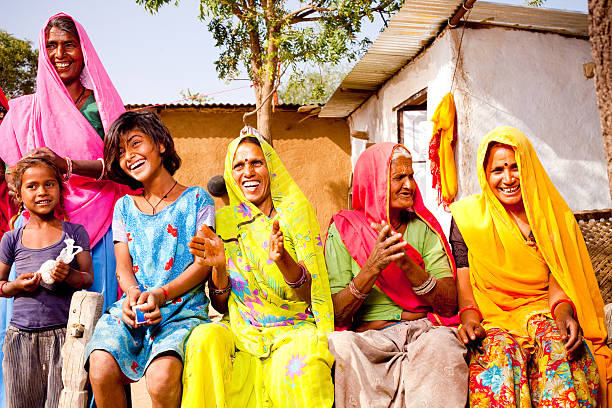Wanting More and More, and Never Being Satisfied

With a more relaxed mind than on my first train excursion, I found that my companions looked as destitute as on the previous trip, but they no longer represented a foreign brigade, and displayed none of the hostility I had first encountered in Varanasi. I noticed how often they smiled, how they shared their meager supplies of food, how gently they held their children. Once again, I concluded that modern urban people seem more stressed and agitated than poor rural people. Having material comforts seems to make people grasp excessively, as they are more afraid of losing their possessions. They are always wanting more and more and are never satisfied. Disadvantaged people in Nepal and India, with much lower expectations, seemed more satisfied with what little they had. I had begun to recognize that the problems that beset modern people at the peak of their family and work lives closely parallel issues that arise for people everywhere at the end of life: an inability to accept impermanence, grasping at what is not available, and not being able to let go.
Yongey Mingyur Rinpoche
from In Love with the World; What a Monk Can Teach You About Living from Nearly Dying

